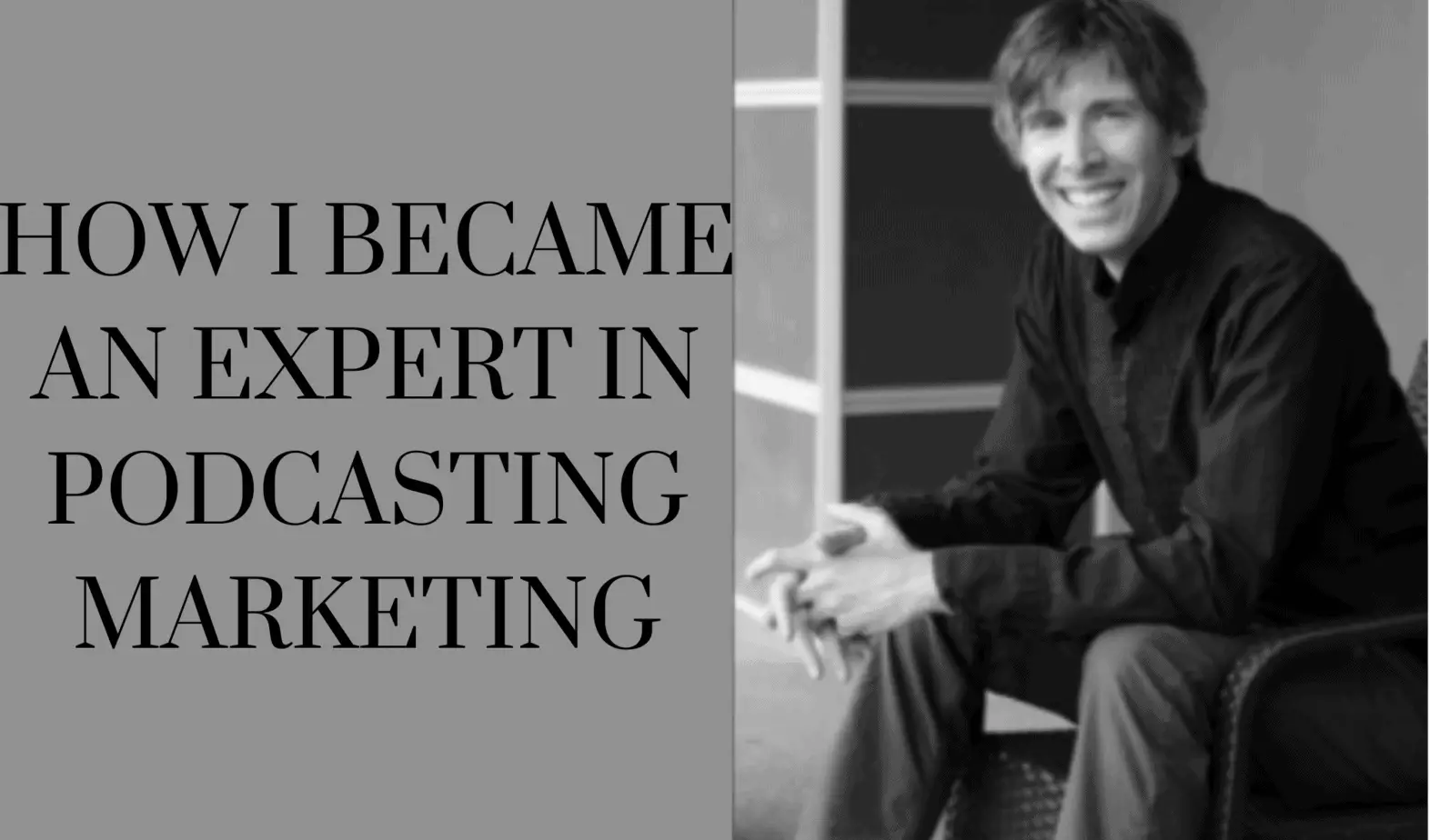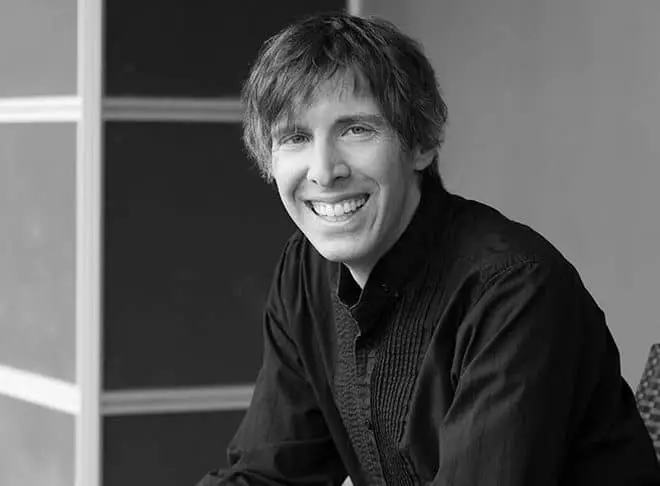 I got started in broadcasting by accident. I studied commercial music in school and played in a band on the side, so I took a broadcasting class in hope of getting a job on the campus radio station and playing my own music on the air. I found out that it’s illegal to do this on first day of class, but keep going because I’ve always had a love for radio.
I got started in broadcasting by accident. I studied commercial music in school and played in a band on the side, so I took a broadcasting class in hope of getting a job on the campus radio station and playing my own music on the air. I found out that it’s illegal to do this on first day of class, but keep going because I’ve always had a love for radio.
I did radio production during college and was an on-air host at a small radio station shortly after college, but my real radio experience started about 10 years after graduation. I thought hosting my own talk show about the music industry, which is the work I was doing at the time, would help get the word out about my music marketing business, so I reached out to a friend at a local radio station and she helped me get an appointment with the station managers. I pitched my idea for the show, a basic talk show where I discussed the music business with musicians and other music industry guests, they took a chance on me, and that’s lead to a completely new career, taking me from not only working with musicians on their marketing, but working with entrepreneurs, authors, and other experts on their marketing as well.
A lot of people listen to Music Business Radio, even non-musicians, so I often get asked how I got the job. I think this was a combination of a few things .
I had 10 years of experience in the music business when I approached the radio station about hosting a show, so I was an expert on the topic. I also had that little bit of radio experience during college and after college, so I sort of knew what I was getting into. Beyond that, I had a relationship with somebody at the radio station who could vouch for me. But I think the top reason was my show idea was a match for the radio station and its audience. There are a lot of musicians in Nashville, so a Nashville-based station was the perfect place for Music Business Radio.
How I got into podcast marketing was a little different. During the time I got started with Music Business Radio, I had another music business friend, Dave Jackson, who had just started a podcast for musicians that was very similar to my radio show. Seeing what he was doing, I decided to release my radio show as a podcast as well.
I think radio has really helped me with my podcasting work because of the mentorship I received (and still receive) from experienced broadcasters. While I’d had a little experience in production and on air by the time I started Music Business Radio, it was working with seasoned radio pros who had done what I wanted to do for years that really helped me improve. From them, I was able to learn best practices for creating something people would want to listen to, such as how to get a good story from the people I interviewed, how to properly speak into a microphone, and how to develop the proper listening skills needed to be a good interviewer.
1. Let the guest finish speaking.
2. Be open to feedback and critique.
3. Trust the process.
Having a script for “training wheels” got me in the game, but my interviews got so much better when I was able to trust that I could find the “next question” on-the-fly, without having it planned out in advance. That’s a scary jump when you’re on the air and you don’t want long breaks of silence (also known as “dead air”), and it might not always work out as smoothly for you as it might for somebody else, but it’s worth the risk and necessary if you want to take your podcast or radio show to the next level.
For somebody who wants to break into radio, I think podcasting is the way to do it. We’re so lucky to have this medium, because you can set up a pretty good “studio” for $100 or less (a mic plugged into your laptop is all you need) and start working on your hosting skills. And editing, since most recording is done digitally, is breeze — even if you’re sloppy on the mic, you can cut out what you don’t want and release something fairly polished. When I started doing broadcasting in college in 1991, we had to book at studio to record anything and, because we were recording to a reel-to-reel tape, any mistakes had to be removed by literally cutting the tape with a razor blade, physically removing the parts you didn’t want, and taping the tape back together again.
Beyond just recording and editing, thanks for digital distribution, it’s easy for people to hear what you do and it’s easy for you to find people who will give you feedback on how to make it better. There are lots of online podcasting groups with people who will do this for free. There are also podcasting professionals like Dave Jackson from School Of Podcasting, the guy I saw podcasting in 2005 and got me into it, who will really get their hands dirty and work with you one-on-one to create a podcast people want to listen to.
Coaching and hiring experts is important. When I launched a podcast in addition to Music Business Radio, a marketing podcast for a more general audience called RED Podcast, even with 10 years of broadcasting experience at that point, I brought in a couple of consultants, including Dave Jackson, to help me make sure I was setting up a foundation on which I could build upon.
Even with personal experience, even with helpful people who can guide you, you’re not going to know everything. Because of this, I think it’s important to jump in and do what you want to do. It’s not going to be perfect, but you learn so much more by actually doing something than by reading about it or watching others do it.
If you want to start, start. The world is forgiving, so don’t let fear of making mistakes keep you from doing anything.
